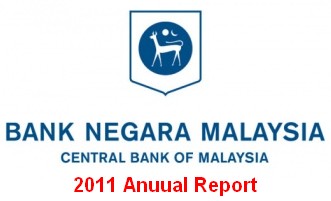If Obamacare is Overthrown
If the Supreme Court tosses out Obamacare, the United States may have a unique opportunity to think about a framework for a rational health care industry. The framework should begin with the free market. The guiding principle should be that individuals pay for their own health care. Without that guiding principle, health care provision will always be too expensive, inadequate for many, and absurdly inefficient. Check out the health care programs in Europe. None of them are any good because they all have too much government involvement. Let us all admit that the free market isn't perfect. No question about it. The free market provision of health care will inevitably end up with situations that none of us like. No denying that. But all policy decisions are a question of choosing among alternatives. No solution is perfect and government solutions almost always tend to be the worst available. Should the government really be delivering the mail? We now have a completely absurd
















